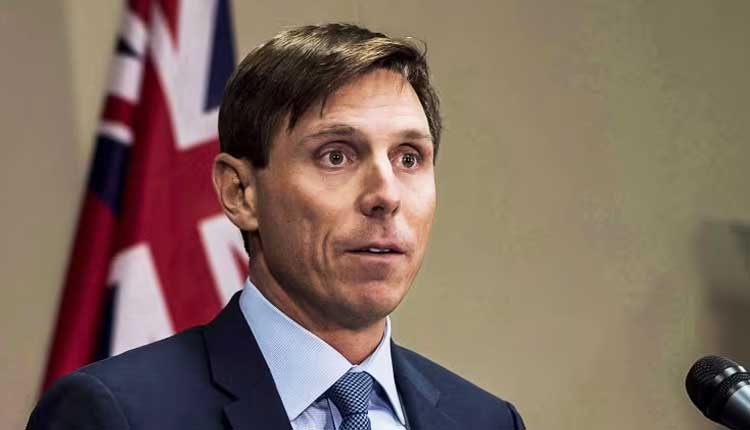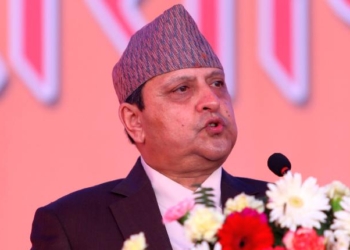Toronto: Calling for a cap on the number of international students arriving in Canada, Brampton Mayor Patrick Brown announced that the City Council has unanimously passed a motion urging the government to require study visas to include an accommodation address.
The move comes in the wake of an exacerbating housing crisis, leading to unaffordable rentals that are forcing students, many of them Indians, to live in unsafe and illegal conditions in the country.
“We can’t have international students living in 3rd world conditions while being used as an ATM for the college they are going to,” Brown, whose city has seen a large influx of international students, wrote in a post on X on Saturday.
“Brampton City Council has unanimously passed a motion calling on the federal government to require international student visas to include a housing address consistent with local by laws as a component of the approvals process,” Brown said.
According to the Mayor, the current system allows international students to be routinely taken advantage of and is exacerbating the housing crisis.
“Requiring a housing address as part of the visa approval process would ensure every college has an appropriate housing plan and spur new student housing construction,” Brown wrote.
According to official figures, the number of international students in Canada has crossed the one million mark, just as the country mulls capping their arrival.
There were more than 800,000 international students in Canada in 2022, and the federal government has said previously it expected more than 900,000 in 2023.
As the housing crisis has been blamed on an increase in migrants and international students, Brown said it is the immigration system that needs to be fixed while supporting the arrival of international students in Canada.
“Enough is enough. It’s time to clean up this broken federal program,” he said.
In a letter to the federal immigration and housing ministers last month, Brown also called on the government for a more restrictive visa policy, according to The Globe and Mail newspaper.
This included capping student permits issued annually, and prioritising postsecondary institutions that have a housing plan.
“Data demonstrates Ontario has more international students than all other provinces and territories combined, and a substantial portion of new international students settle in Brampton where they face issues such as housing affordability and as a result, insufficient living conditions,” the letter read.
“These changes to the international student program will help alleviate the pressures international students face and municipalities like Brampton who carry the responsibility of creating conditions to help international students thrive.”
Brown told The Globe that many students reside in his community while attending colleges hundreds of kilometres away.
“It’s a massive resource drain. The city gets no compensation for the fact that they’re not paying taxes. They’re living quite often 16 people in a basement apartment,” Brown said.
Earlier this month, Immigration Minister Marc Miller said he will closely analyse the number of international students and temporary residents entering into the country with the government facing backlash over housing affordability and rising cost of living.
Further, he called on the provinces to stop licensing sub-standard private colleges that he says churn foreign graduates out like “puppy mills”.
Brown also mentioned in his letter that public and private colleges have significantly increased international enrollment to up their profit over the past 10 years, but have added little to no new on-campus housing.
According to economist Mike Moffatt, Ontario added 423,000 non-permanent residents in the past two years, compared with around 417,000 in the past 20 years, with the population boom linked to international students.
(IANS)
















